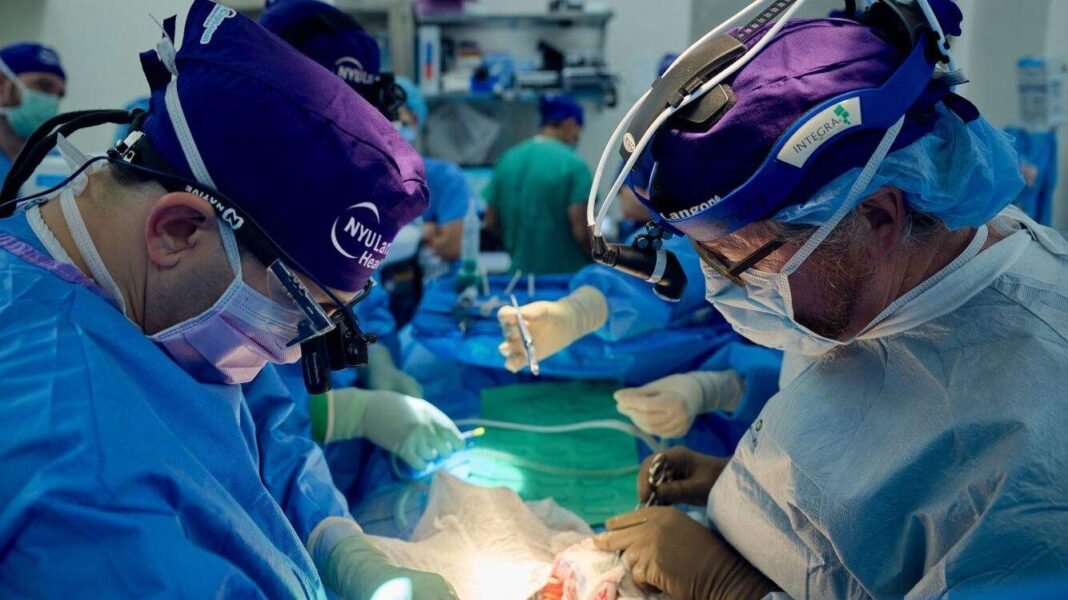A 62-year-old man is reportedly recovering well and is expected to be discharged from the hospital soon after undergoing a groundbreaking kidney transplant procedure, where he received a new kidney from a genetically modified pig to minimize the risk of organ rejection.
US surgeons have hailed Rick Slayman as a “real hero” for his willingness to undergo the pioneering surgery.
The ultimate goal of such procedures is to address the shortage of organs available for transplantation by utilizing animal organs.
While pig kidneys have been transplanted into brain-dead individuals in previous trials, the recent four-hour surgery, conducted on March 16, represents a significant advancement in the quest to make organs more readily available for patients, as stated by Massachusetts General Hospital in a press release.
Mr. Slayman had previously undergone a human kidney transplant at the same hospital in 2018 after enduring seven years of dialysis due to his own kidneys’ malfunction. However, the transplant failed five years later, necessitating his return to dialysis in May 2023.
His doctors noted that his prospects were grim, as repeated use of his blood vessels for dialysis had made it increasingly challenging to maintain effective treatment, leading to frequent hospital visits for clotting and surgical revisions, significantly impacting his quality of life.
Mr. Slayman, after weighing the pros and cons, made the decision to proceed with the pig kidney transplant, viewing it not only as a potential lifeline for himself but also as a beacon of hope for the countless individuals awaiting transplants to survive.
The chronic shortage of human donor organs has spurred exploration into the use of animal donors as a potential solution. Recent attempts have even been made to transplant pig hearts into humans.
The specially modified pig kidney utilized in Mr. Slayman’s surgery was provided by eGenesis, based in Cambridge, Massachusetts. The animal had undergone genetic editing to eliminate genes that could pose risks to a human recipient while incorporating certain human genes to enhance compatibility.
Despite the success of the surgery, Mr. Slayman continues to take anti-rejection medications, and the longevity of his new kidney remains uncertain, marking uncharted territory in medical advancement.
Dr. Tatsuo Kawai, a member of the transplant team, expressed hope that this approach to transplantation would serve as a lifeline for millions of kidney failure patients worldwide.




